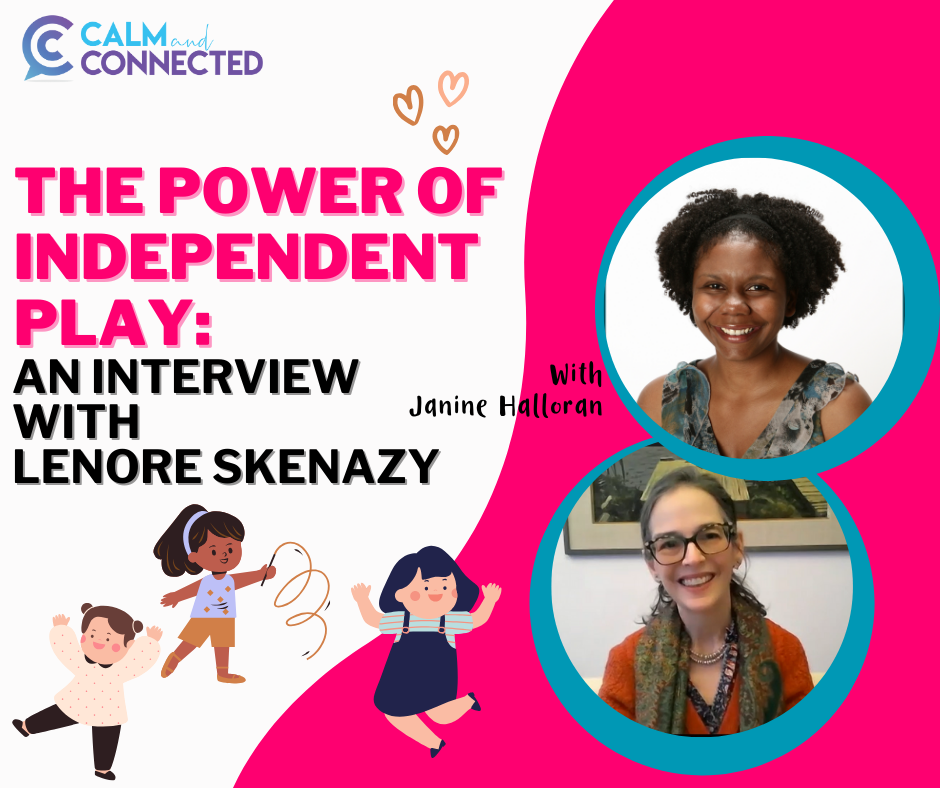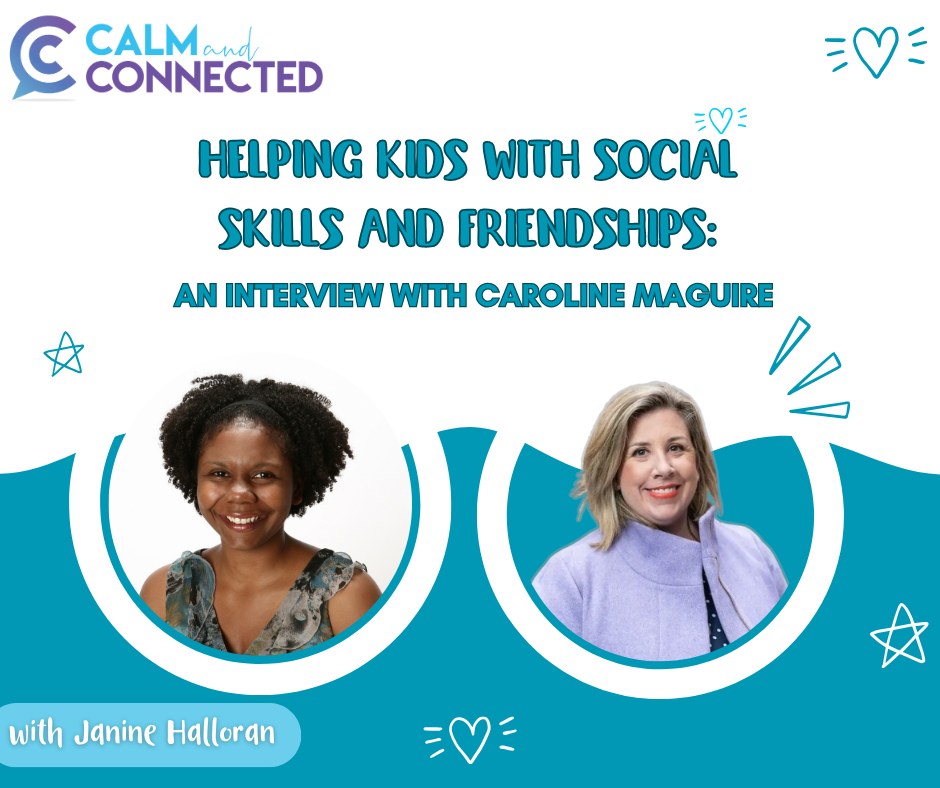Being able to have a conversation is an essential social skill to have. Your child will need to be able to start conversations if they want to get to know people, make friends, or play with others. It can be hard to think of things to talk about when you don’t know someone. Here are some ideas to help kids start a conversation.
1. Start with a compliment!
Giving a person a genuine compliment is a good opening for a conversation. It can make the other person feel and think positively about your child, and be more open to having a conversation. Your child could give a genuine compliment about the other kid’s outfit, or a belonging of theirs. Your child could also compliment them on something that happened in school, like something they did well during class or at an assembly. Help your child identify one or two kids they’d like to approach to start a conversation and think about what they know about that kid, and what they could compliment them about.
2. Encourage them to talk about something that they have in common.
At home, talk with your child about things that they have in common with their potential conversation partner. At school, lunch and recess is a great time to start conversations. They can talk about something they have in common, like art class or music class. They could ask about major things that have happened at school, like an all school assembly or a field trip.
3. Be aware of current events
Your child can always talk about major recent or upcoming events, like a big storm, a concert, or school vacations. It’s also a good idea to keep them up to date with what’s happening in sports. Major sporting events, like the World Cup, the World Series or the Superbowl will be topics of discussion when kids are gathered.
4. Ask questions!
Have your child ask other kids questions about themselves, that way they get a chance to learn more about them and see what things you have in common. Your child can ask about after school activities, tv shows or movies they like, fun things they are doing, trips they’ve gone on, etc. A few closed questions (questions where the answer will be yes or no) are okay, but focus on open ended questions. Open ended questions usually lead the other person to say more and hopefully lead to a longer conversation.
5. Don’t give up :-)
If an attempt at a conversation feels weird or awkward, tell them it’s okay. That even happens with the best of friends, but don’t give up! Keep trying. The more you practice, the more natural it will feel and the better you’ll get at it. If they’ve tried with one kid and it didn’t go well, have them try with someone else. It takes time to develop conversation skills, so it’s important to keep practicing.












